Yunupingu death: How a child of the land became the father of his people’s land rights struggle
The first Aboriginal land rights claim being thrown out of court was a call to arms for an up-and-coming young Yolngu leader.
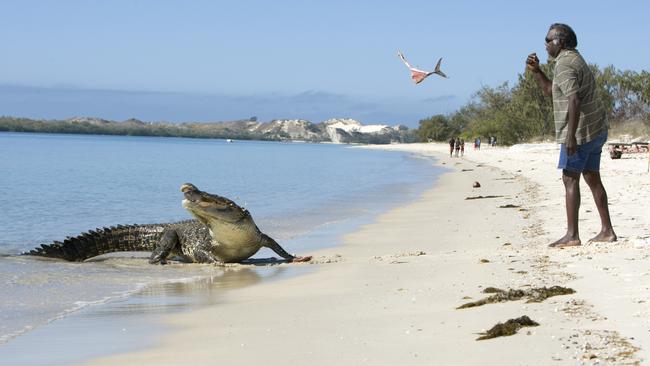
It is now more than half a century since the first Aboriginal land rights claim was thrown out of court – a heartbreaking moment for the Yolngu people of northeast Arnhem Land but a call to arms for an up-and-coming young leader named Yunupingu who had acted as official interpreter in the case.
Yunupingu was already heavily involved in the fight against bauxite mining on the Gove Peninsula, having helped – at the age of 16 – to draft the historic Yirrkala Bark Petitions to parliament that was signed by Yolngu leaders including his father, Mangurrawuy.
Mining giant Nabalco was determined to mine for bauxite – the mineral form of aluminium – and Mangurrawuy became one of the plaintiffs in the historic legal action challenging the company.
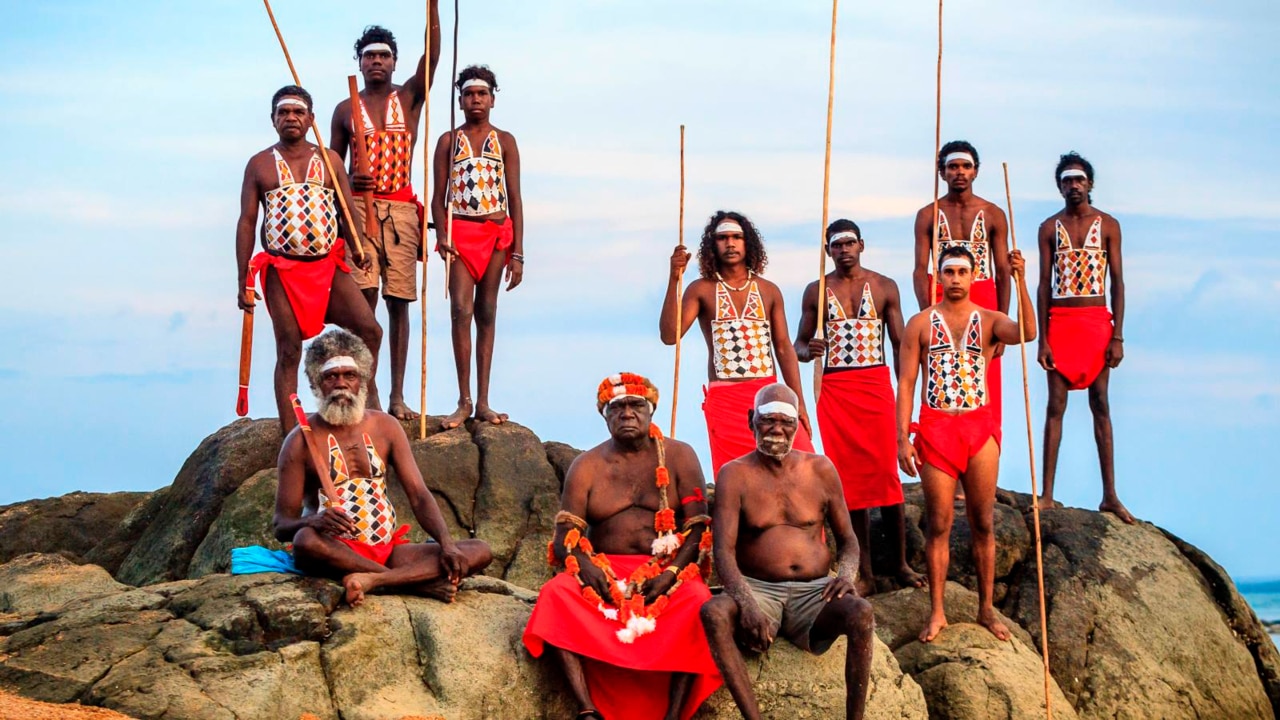
The claim against Nabalco simply sought the return of the land to the community so the Yolngu people could continue to live as they had. There was little consideration given to alternative redress – compensation, employment opportunities – but in 1971, the judge threw the case out, regardless.
Justice Richard Blackburn ruled that land, being “desert and uncultivated”, was claimed by British settlers by right of occupancy. The Crown had the power to extinguish native title – if it existed at all.
“The mine came on us too fast,” Yunupingu would later say. “We were unprepared and people were not able to handle the change that it brought. I am sure many elders died from culture shock.”
It would be more than 20 years before Eddie Mabo would file his ultimately successful land rights claim in the High Court, establishing that Aborigines and Torres Strait Islander peoples have rights to the land that existed before the British arrived.
But long before Mabo, Yunupingu had figured out how to make land rights work for his people.
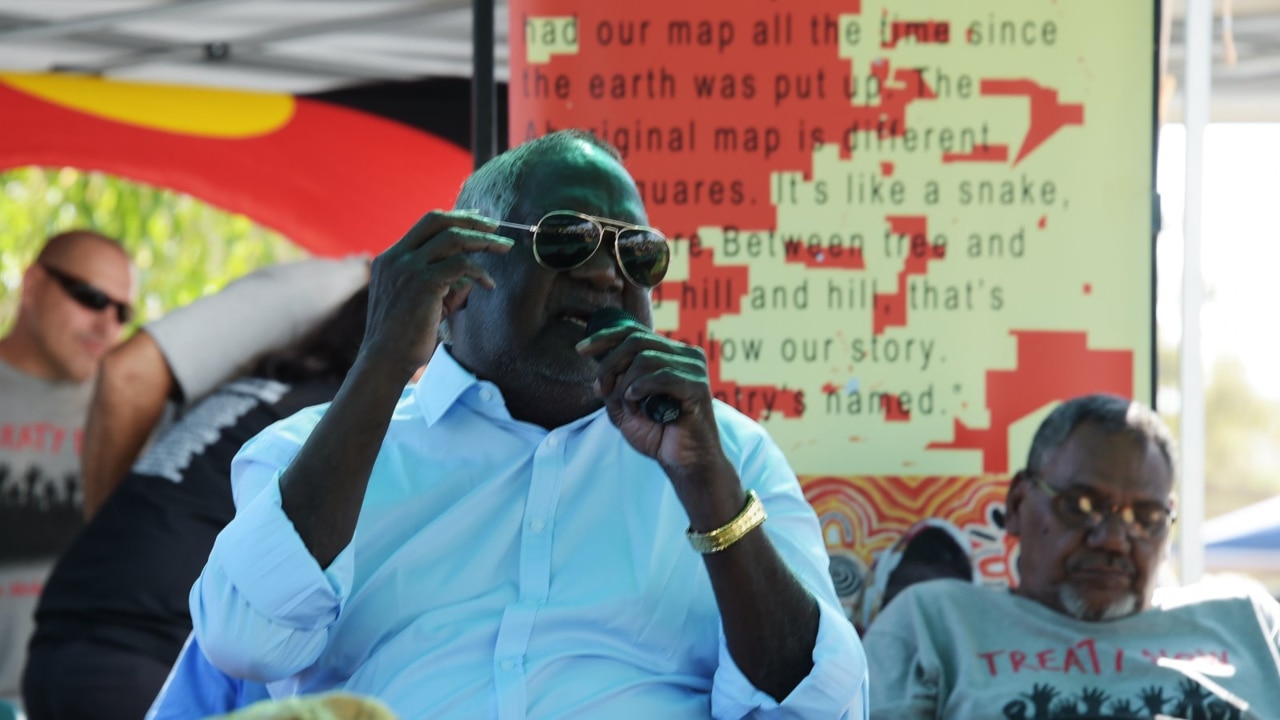
Uranium deposits had been discovered in the Northern Territory in the late 1960s. The Fraser government wanted to pursue a mine at Ranger but was hamstrung by the new Aboriginal Land Rights (Northern Territory) Act, which allowed mining at the site – but only when the freshly created Northern Land Council and the commonwealth could agree on terms.
The new chairman of the NLC was Yunupingu, then aged 30 and opposed to the mine.
In a 2008 essay published in The Monthly, Yunupingu described taking Malcolm Fraser on a fishing trip, hoping to find words to convey his fears. But Fraser was thinking only about barramundi.
“The fish bite and Fraser starts to pull them in. ‘Look at this one!’ he yells. I bait his line again. ‘And again – a bigger one.’
“All the time I try and put words in his mind about the importance of land, about the importance of respect, about giving things back in a proper way, not a halfway thing. But he has his mind on other things – he’s not listening; he doesn’t have to. He just keeps catching barramundi, enjoying himself.”
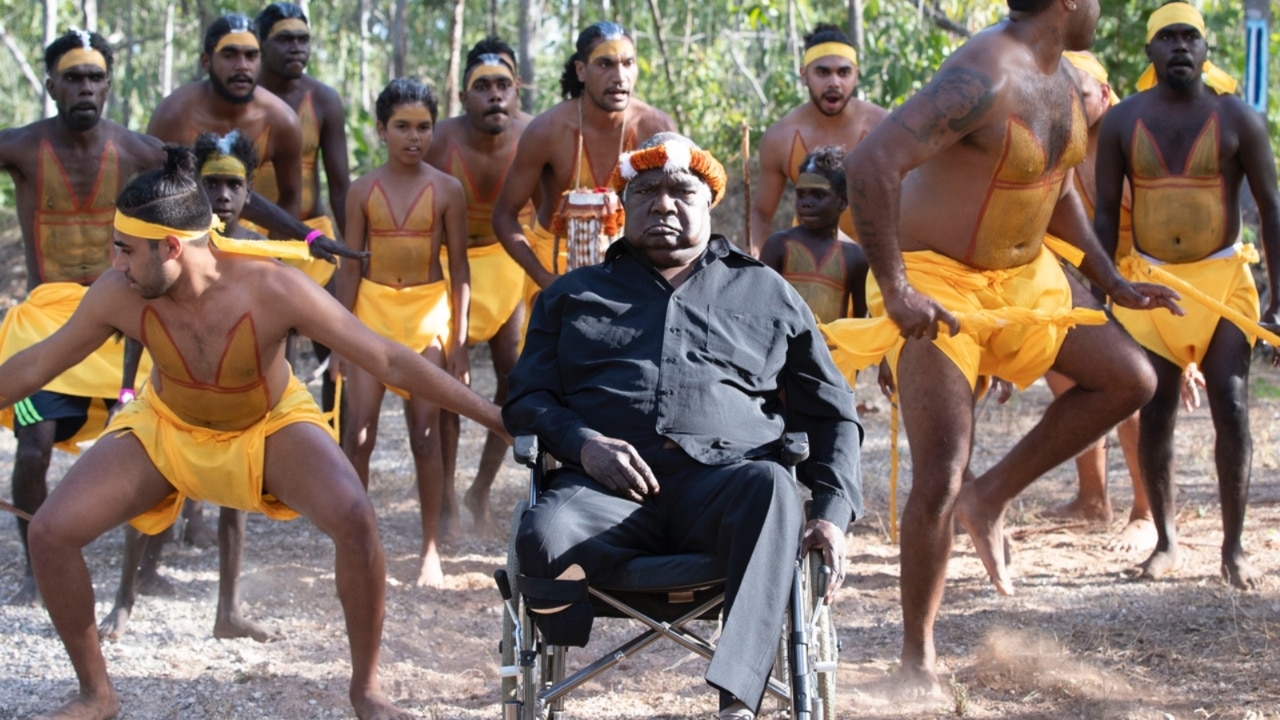
But it was Yunupingu who would change his mind on Ranger, acknowledging the huge potential upside in signing on to the deal.
The negotiation over Ranger was long and fractious because the NLC chairman was facing heated opposition from his own members, and from prominent anti-nuclear Labor figures and environmentalists. In the end, Yunupingu pushed aside the naysayers and the doubters. He signed the Ranger agreement with the then Aboriginal Affairs minister Ian Viner on November 3, 1978.
The agreement has been a template for dozens of similar claims in the years since, taking in financial compensation, local employment and training opportunities, support for Indigenous businesses, and protection of important cultural and sacred sites.


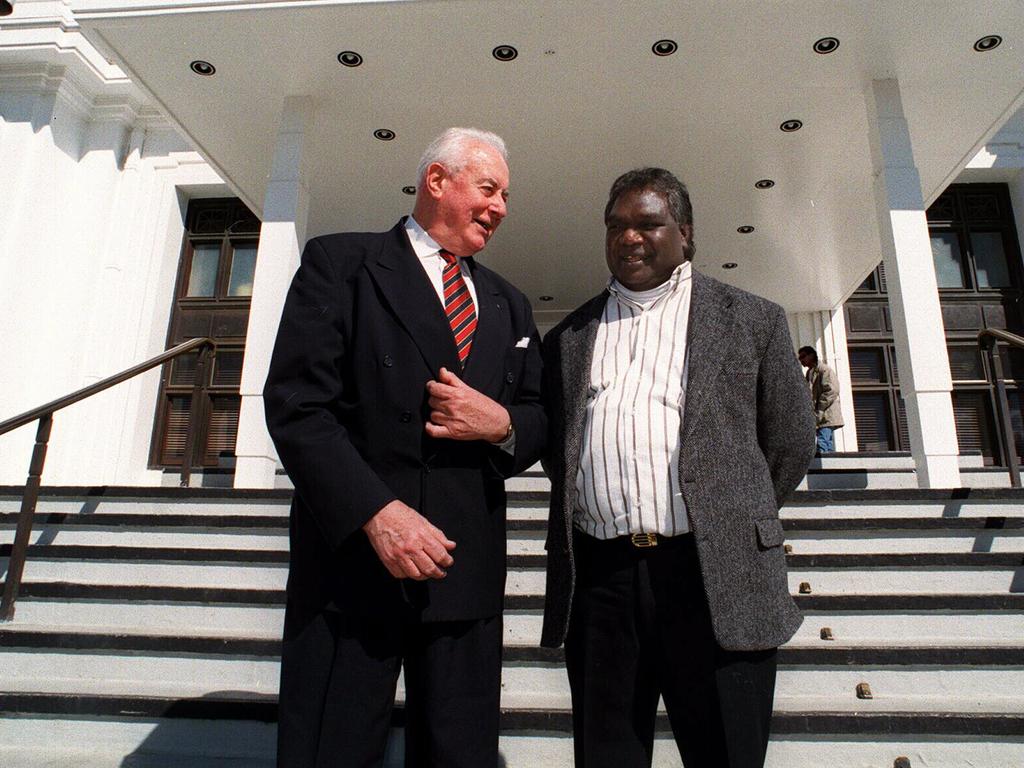
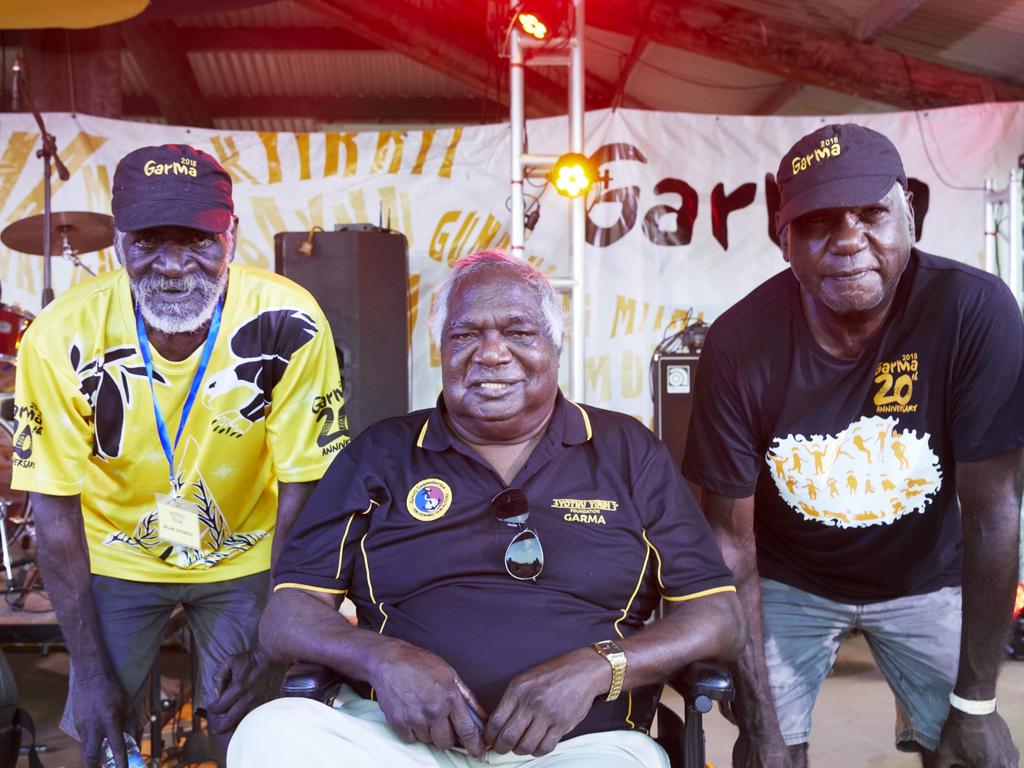
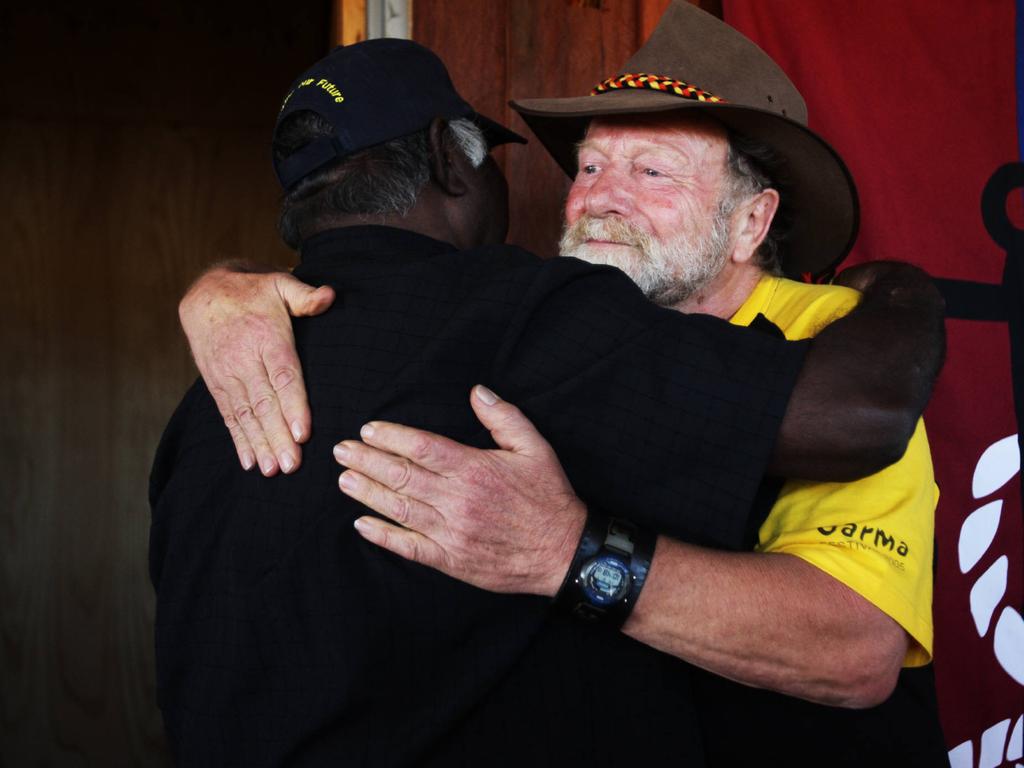
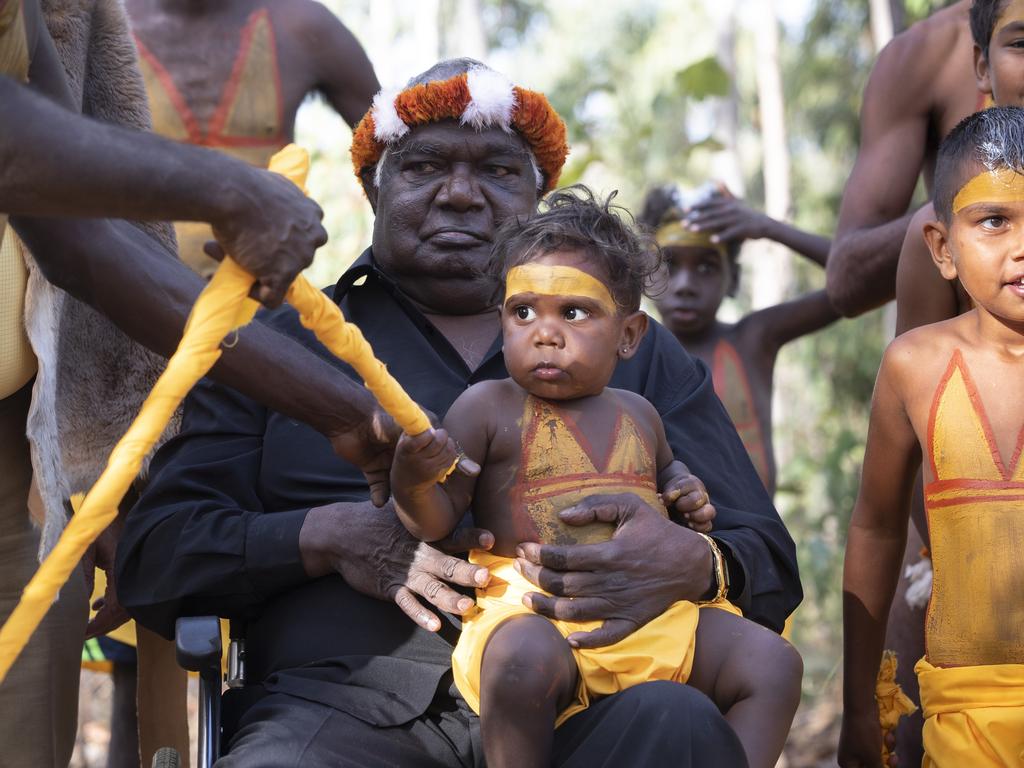
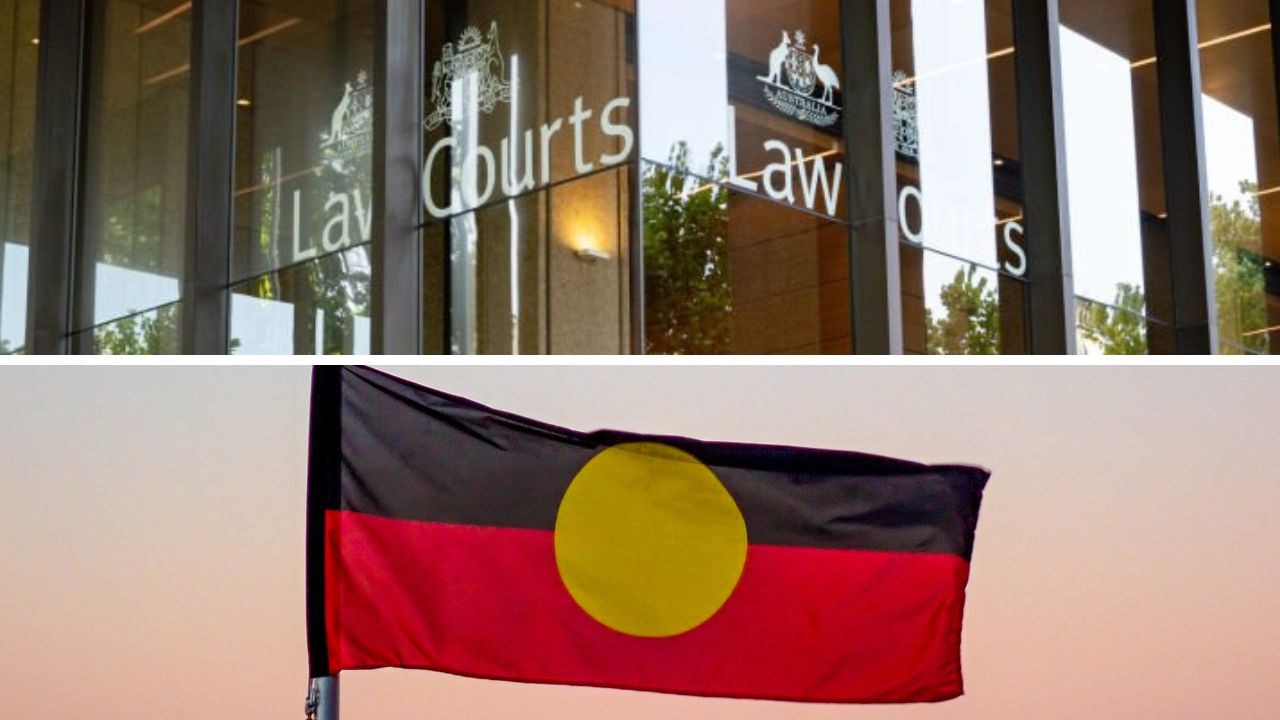
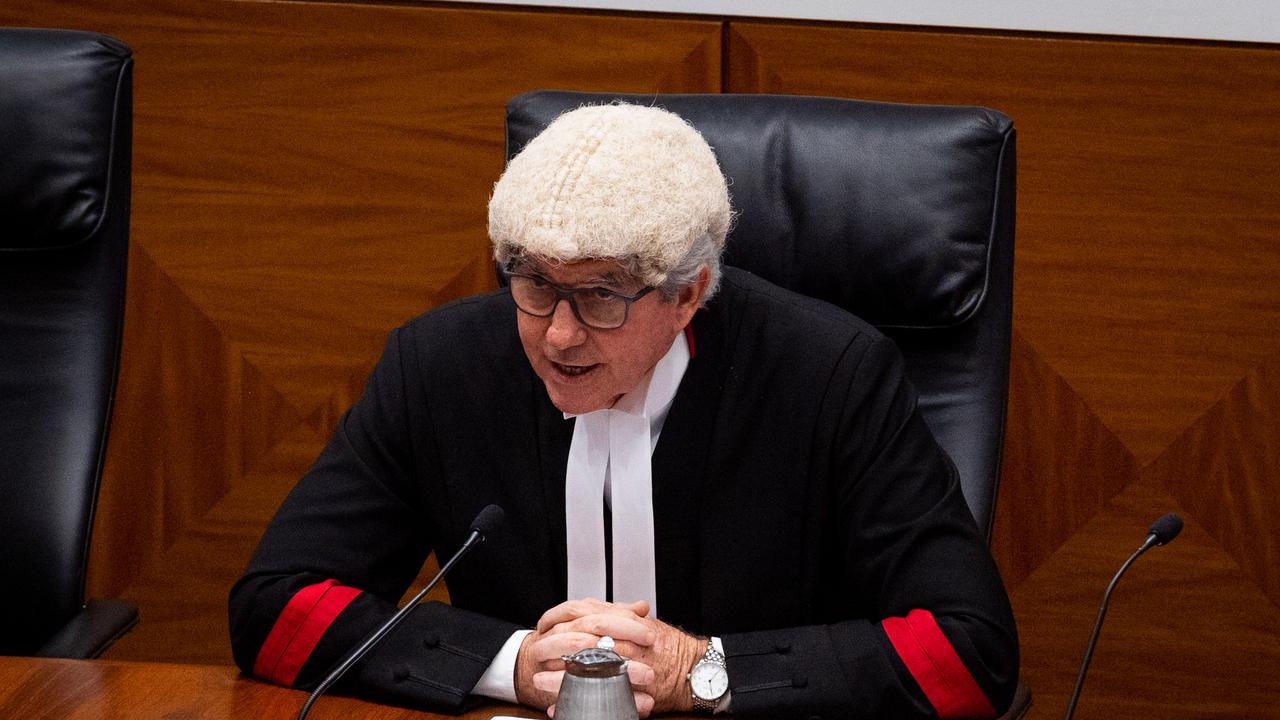
To join the conversation, please log in. Don't have an account? Register
Join the conversation, you are commenting as Logout